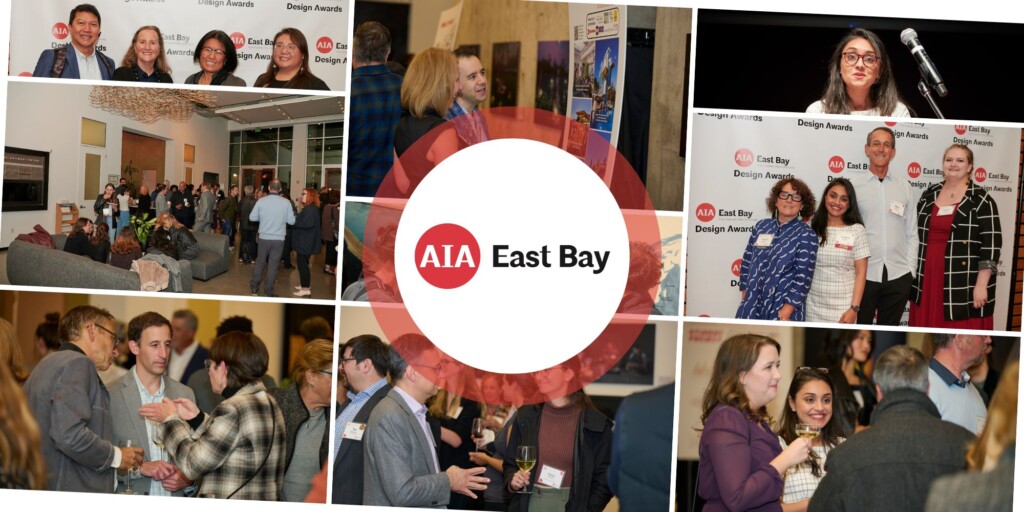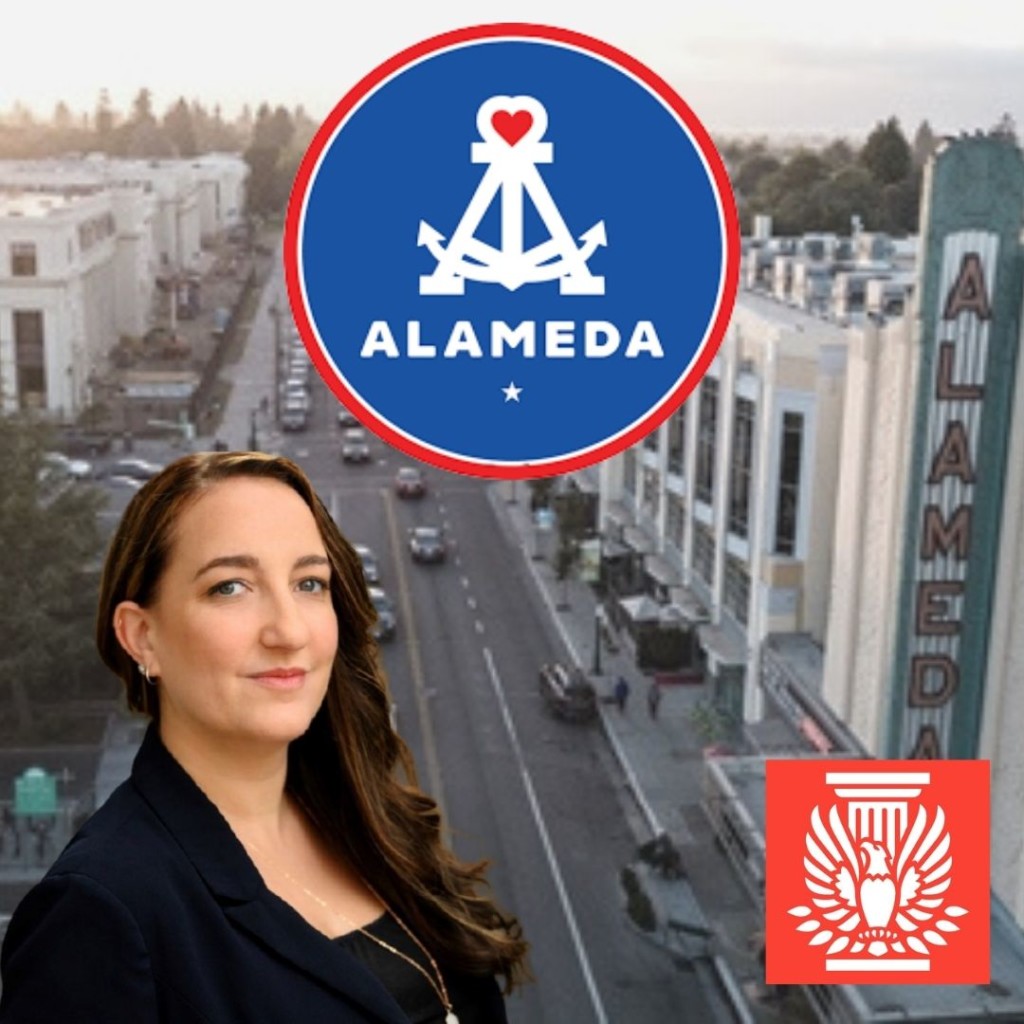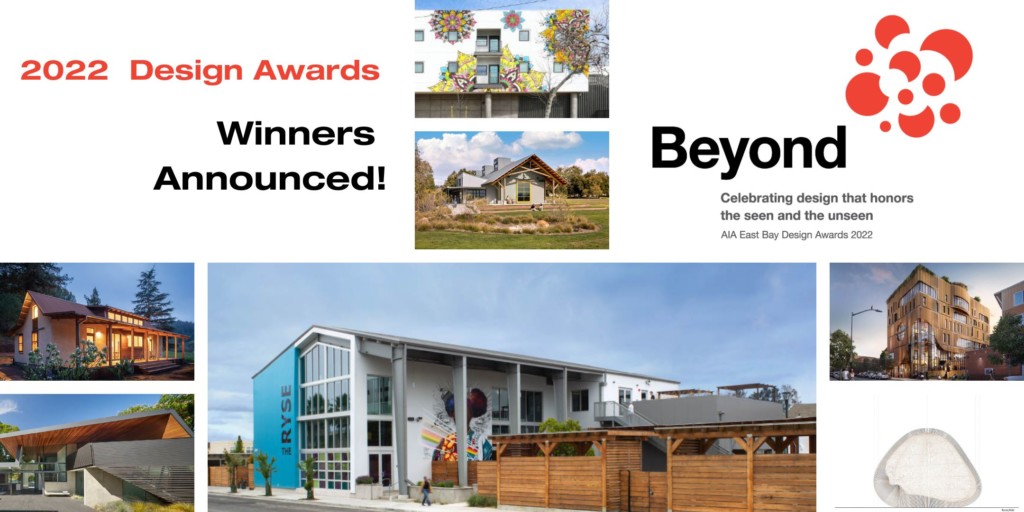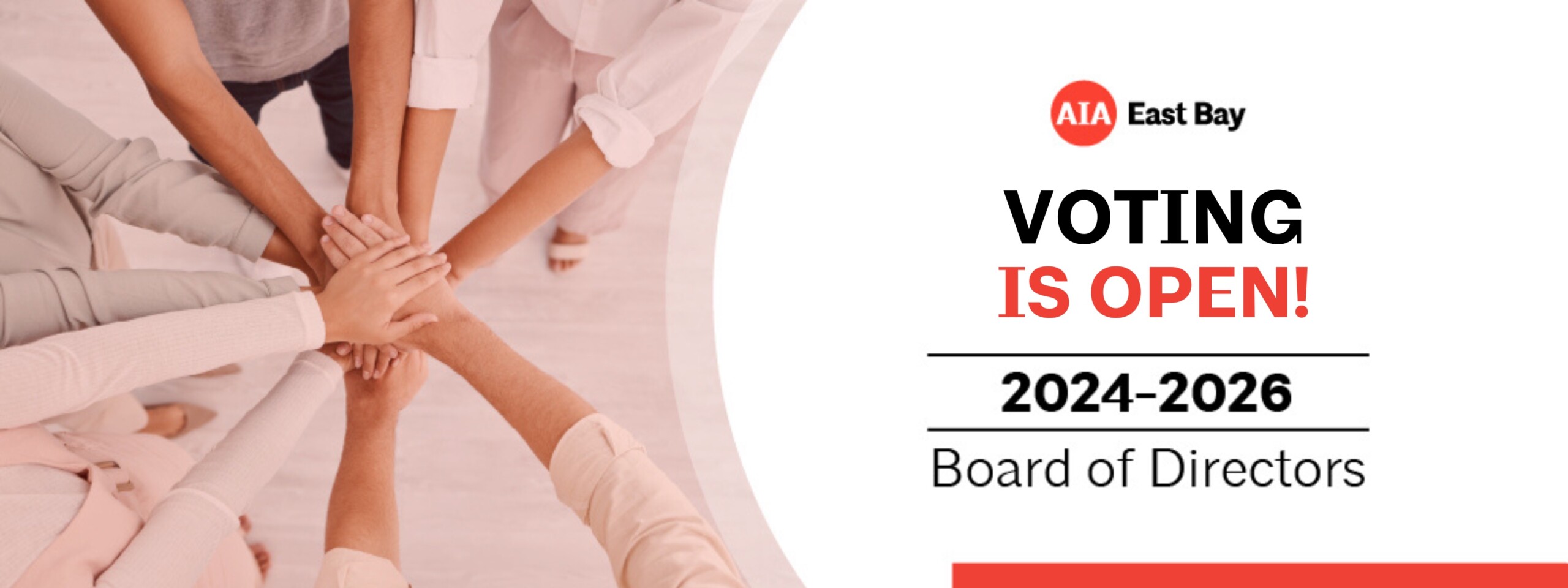AIASF NEXT Conference
Thursday, May 31 – Friday, June 1, 2018
11am
Early Bird (before May 16): $200 ($150 AIAEB Member/$50 Student Allied) /
After May 16: $225 ($175 AIAEB Member/$50 Student Allied)
Thursday Location: California College of the Arts, 1111 8th Street, San Francisco
Friday Location: San Francisco Art Institute, 800 Chestnut Street, San Francisco
Click here to register.
If attending day one and/or day two of the conference, AIA East Bay members can register using either of the promo codes below:
O Full day conference comp code: NEXTdbl_AIAEB
O Thursday OR Friday comp code: NEXTsgl_AIAEB
How can architects and built-environment professionals leverage the global United Nation’s New Urban Agenda for success and relevance at a local level? The 3rd Annual AIASF Next Conference, May 31 + June 1, will focus on how the Bay Area can take a proactive stance to achieve sustainable and equitable growth.
The 2018 NEXT Conference theme seeks to expand dialogue and engagement around the United Nation’s New Urban Agenda – a bold roadmap to promote sustainable, regenerative, and equitable growth in our cities. The conference will concentrate on taking a proactive stance to prepare a blueprint to achieve a happier and healthier world by 2030. For NEXT, the American Institute of Architects, San Francisco (AIASF) will gather the best minds in the Bay Area building and design community featuring three tracks: Design, Business and Technology.
MAY 31: PRE-CONFERENCE HOUSING SYMPOSIUM
This year’s Housing Symposium will examine the housing crisis as it relates to three basic principles: public needs and desires, policy rules and incentives, professional responses to these forces. Alternatives beyond what is currently thought possible will also be part of the discussion given the existing conditions of public pressures and policy structure.
JUNE 1: DESIGN, BUSINESS, TECHNOLOGY SESSIONS
Presentations focus on how the Bay Area can advance upon NUA’s outlined standards and principles for the planning, construction, development, management, and improvement of urban areas along its five main pillars of implementation: urban policies, urban legislation and regulations, urban planning and design, local economy and municipal finance, and local implementation.




